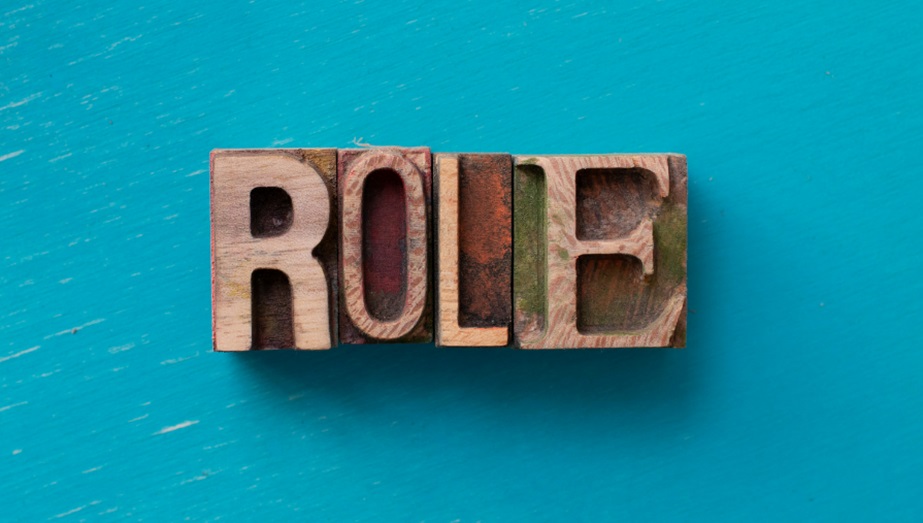The Role of Evidence in Criminal Cases: How to Challenge or Suppress it
In a criminal case, the presentation of strong evidence plays a vital role in determining whether a defendant is found innocent or guilty. However, not all evidence presented in court is legally admissible. An experienced criminal lawyer in Minneapolis can help challenge or suppress evidence that is deemed unlawful, ensuring a fair trial for the defendant. This article will delve into the importance of evidence in criminal cases and the strategies a lawyer can use to challenge or suppress it.
The Importance of Evidence in Criminal Cases
Evidence is the backbone of any criminal case, as it serves to establish the facts about the alleged crime. To secure a conviction, the prosecution must present adequate evidence to prove that the defendant committed the crime beyond a reasonable doubt. This responsibility of proof rests on the shoulders of the prosecution, and it is their responsibility to gather and present admissible evidence in support of their case.
On the other hand, the defense’s role is to challenge the prosecution’s evidence and raise doubts about its validity. A competent defense lawyer can present alternative explanations for the evidence, argue for its suppression, or challenge its admissibility based on legal grounds.
Challenging Evidence
There are various ways a defense lawyer can challenge the admissibility of evidence. One common method is examining the credibility of witnesses. Witnesses may have inconsistencies in their statements or have motives to lie. By pointing out these flaws, the defense can raise doubts about the reliability of the witness testimony.
Another strategy is to scrutinize the collection and handling of physical evidence. If it can be shown that the evidence was not preserved or handled properly, the defense may argue that it has been contaminated and is, therefore, inadmissible.
Suppressing Evidence
In some situations, a defense lawyer may argue for the suppression of evidence. This can occur when evidence has been obtained illegally or in violation of the defendant’s constitutional rights. For example, if the police conducted a search without a warrant or probable cause, the evidence obtained through that search may be considered inadmissible in court.
Importance of Having a Criminal Defense Lawyer
Navigating the complexities of the legal system when facing criminal charges can be overwhelming and confusing. By understanding what a criminal defense lawyer does, you can see the importance of having one by your side. A skilled criminal defense lawyer has a deep understanding of the law and can identify potential weaknesses in the prosecution’s case. They will work tirelessly to challenge or suppress evidence that is unlawful, giving you a fair chance at a favorable outcome.
In conclusion, the role of evidence in criminal cases is paramount, and both its admissibility and strength can significantly impact the outcome. Finding the best criminal defense attorney is important in challenging or suppressing evidence, ensuring that the defendant receives a fair trial. By understanding the importance of evidence and the strategies available to challenge or suppress it, a skilled defense lawyer can build a strong defense for their client.






